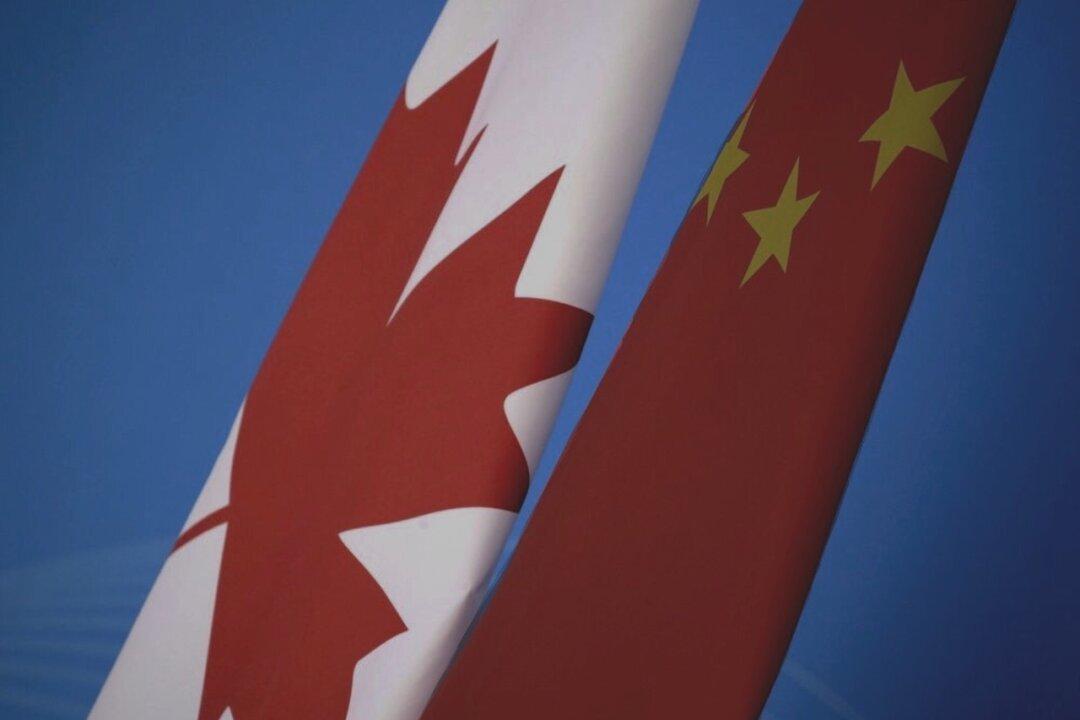Canadians overwhelmingly view China in a negative light, according to a recent survey conducted by Nanos Research.
The online survey asked Canadians to provide their opinions on several countries and whether each would make a valuable trading partner for Canada. Nearly three in four (73 percent) of the 1,080 Canadian adults surveyed say they have a negative (41 percent) or somewhat negative (32 percent) view of China.





